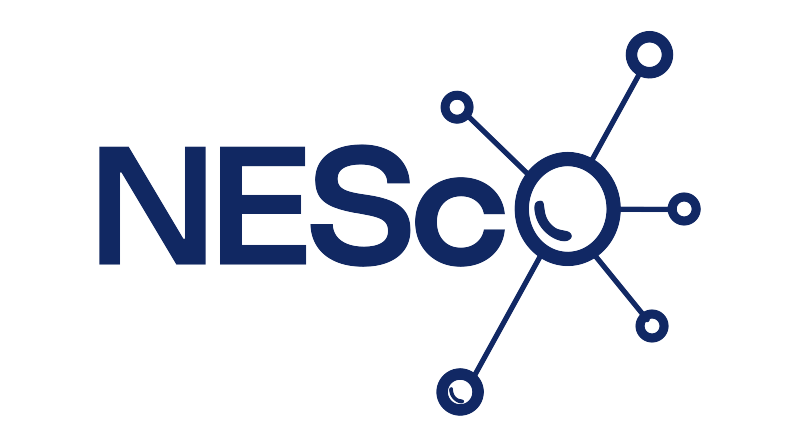The second round of the final stage is a Case Study — a scientific and engineering research challenge. One week before the final, each team receives two case studies: one on a scientific topic and one on an engineering topic. Teams must thoroughly analyze the given problems, gather scientific information, conduct their own investigation, and propose a well-reasoned solution.
The result is submitted as a written report of up to 40 pages, including a title page, table of contents, introduction, strategy justification, conclusion, and a list of references formatted according to APA 7th edition. Special attention is paid to originality — AI-generated content must not exceed 20%, and text uniqueness must be at least 70%. Teams also prepare a presentation and present their solution to the jury, answering follow-up questions. Evaluation criteria include scientific reasoning, argument clarity, presentation skills, and depth of analysis. This format allows participants to engage in realistic scientific and engineering problem-solving, while developing their research and project-based learning skills.









